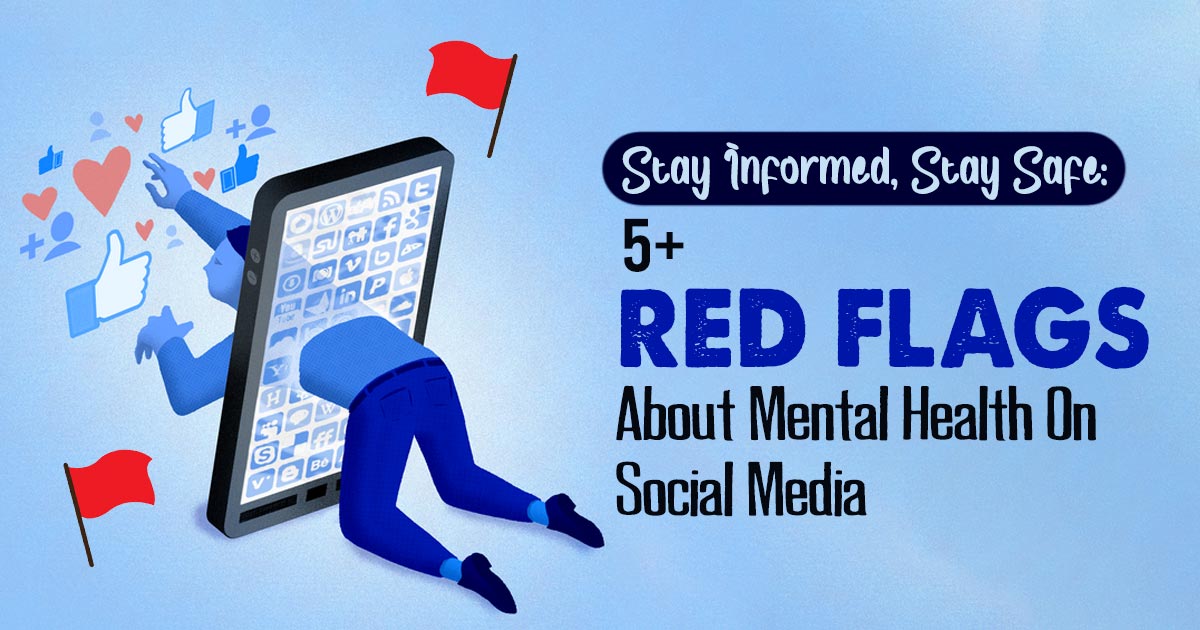The traditional image of therapy often involves a person reclining on a couch, delving into their innermost thoughts and feelings. In today’s digital age, therapy has taken on a new form, with individuals sitting on their couches at home, scrolling through a constantly refreshing stream of mental health content on social media platforms like TikTok and Instagram.
While this may seem therapeutic, experts caution that it should be approached with care. As an increasing number of psychologists adopt the role of mental health influencers, their posts on topics like attachment styles, unresolved trauma, and other contemporary mental health issues are reaching millions of people.
Undoubtedly, there are advantages to this trend. Evelyn Hunter, a counseling psychologist in Auburn, Ala., points out that we are emerging from an era when mental health was highly stigmatized, discouraging people from seeking help. Social media has played a role in destigmatizing mental health struggles and making them more acceptable.
However, there is a downside to this accessibility of information. It becomes challenging to discern which self-proclaimed experts are reliable and whether the information they provide can be trusted, leading to potential misinformation and misunderstandings.
Hunter emphasizes that mental health professionals active on social media should exhibit three key qualities: competence, a sincere interpretation of evidence, and integrity.
In light of these considerations, if you’re encountering mental health content on social media through your algorithm, it’s essential to be vigilant for warning signs:
1. Lack of Credentials
Reputable mental health influencers typically share their training, licensure, and areas of expertise. The American Psychological Association encourages psychologists to maintain updated personal and professional profiles.
When vetting professionals, Victoria Riordan, a licensed professional clinical counselor, advises checking their bio, which usually includes their credentials and areas of expertise.
A legitimate expert should also appear in multiple sources, such as Psychology Today, LinkedIn, or their private practice website. Verify their current licensing status through state licensing board websites or relevant professional associations.
2. Selling Products
While it’s natural for psychologists to promote their online courses or books, excessive promotion of products can be a red flag. It may indicate a focus on profit over providing quality education. The APA’s Ethics Code emphasizes the avoidance of conflicts of interest.
If you suspect a hidden business relationship, conduct additional research, and consider seeking clarification from the practitioner or unfollowing them. In extreme cases, you can report them to relevant licensing boards.
3. Jargon-Heavy Posts
Beware of accounts that inundate their posts with therapy jargon. Trustworthy professionals aim to make mental health accessible and digestible, avoiding excessive use of complex terms. If someone seems to be trying to appear more knowledgeable than they are or uses terminology you don’t understand, exercise caution.
4. Self-Diagnosis Or Labels
Avoid self-diagnosis based on social media content. Labels and diagnoses should come from qualified professionals. Internalizing online labels can lead to misunderstandings and potentially harmful actions. Mollie Spiesman, a licensed clinical social worker, recommends reflecting on why a post resonates with you instead of immediately accepting a self-diagnosis.
5. Interacting With Clients
Mental health professionals should maintain boundaries with clients on social media to protect confidentiality and professionalism. If you notice a practitioner engaging with their clients online, it’s a red flag and a reason to unfollow.
6. Promoting One Modality
Therapists may have preferences for certain therapeutic modalities, but they should not proclaim one as universally superior online. Every individual’s needs are unique, and what works for one person may not work for another.
Be cautious of influencers who oversell a specific approach.Therefore, while mental health content on social media can be informative and destigmatizing, consumers must exercise discernment.
Not all information will apply to every individual, and social media therapists are not a substitute for professional guidance. It’s essential to prioritize your mental health by seeking qualified help when needed and verifying the credibility of online sources.









